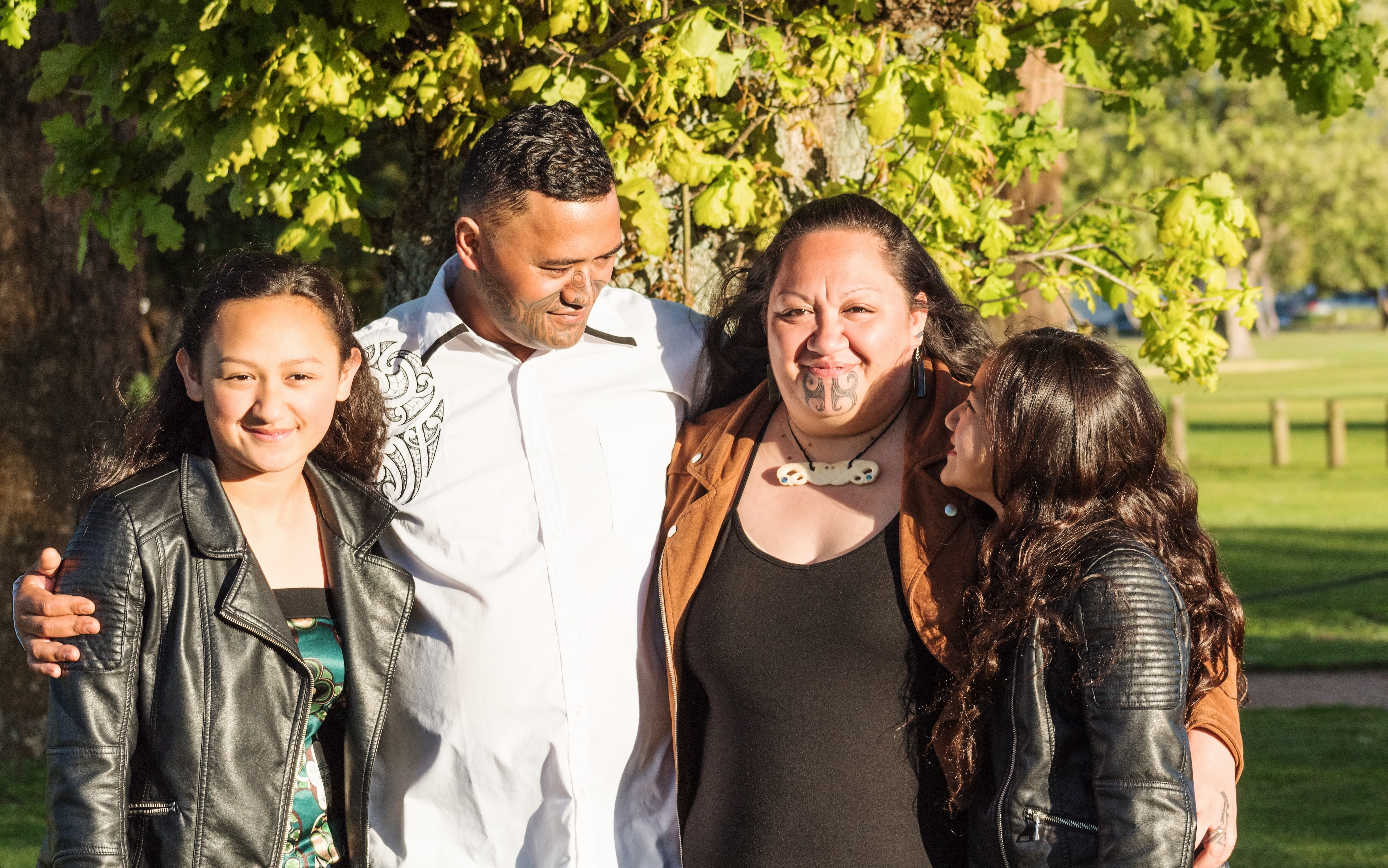News release
From:
This study calculated the costs or savings that arise from Māori children having different rates of avoidable death, hospitalisation and use of healthcare services than non-Māori children. It found that health inequities for Māori children actually save the Government health system money, yet are very expensive for society as a whole, especially Māori whānau. In addition to being a social justice and Indigenous rights concern, health inequities are costing New Zealand money.



 New Zealand
New Zealand


